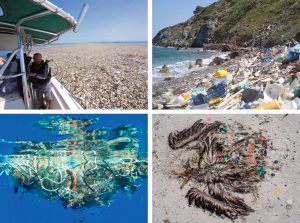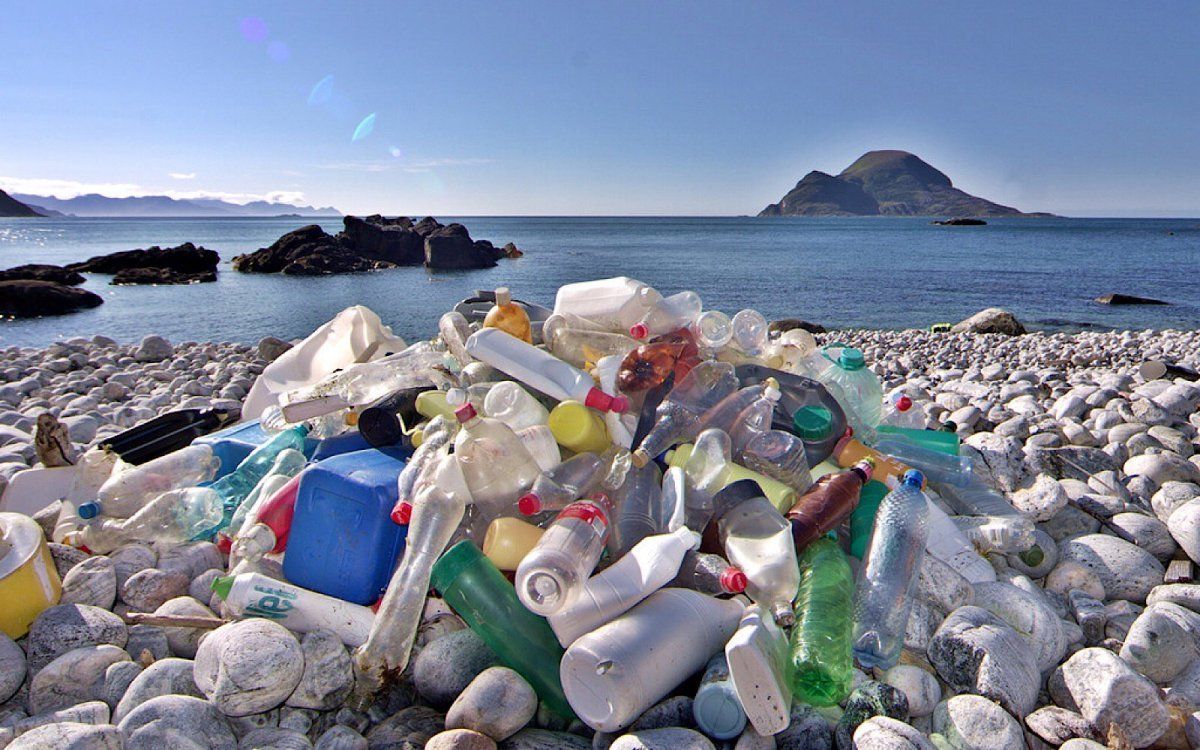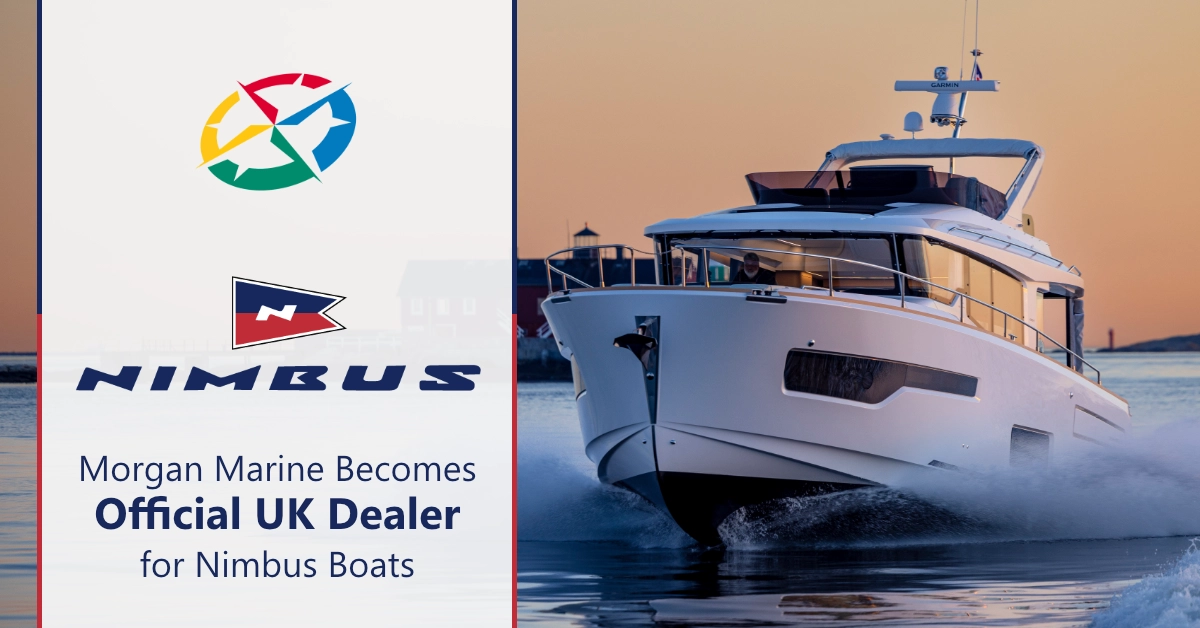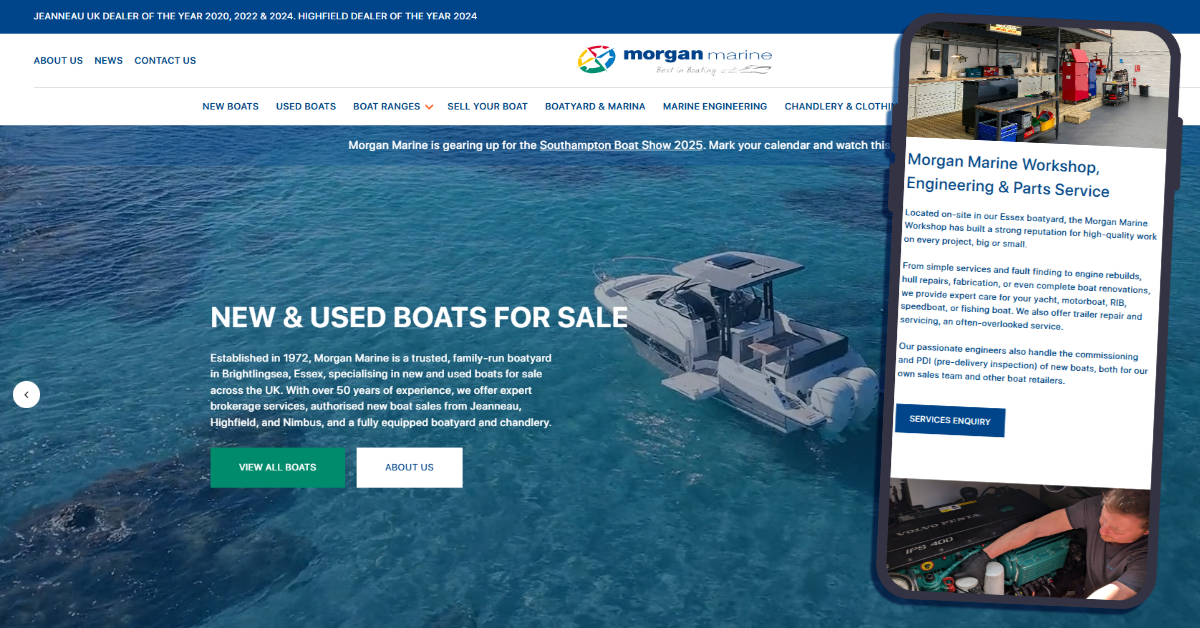Home »
More than eight million tonnes of plastic enter the ocean each year, yet at best the biggest clean-up organisations deal with just 0.5% of that pollution. Plastic has been found in the stomachs of almost all marine species including fish, birds, whales, dolphins, seals and turtles. This crisis urgently demands innovators, industry and governments to develop systemic solutions that prevent plastic from becoming waste in the first place. It also needs YOU to make a conscious effort to avoid single use plastics.
If you are still not clear about the gravity of the situation… maybe because you are only seeing a few more empty plastic bottles washed up on your local beach, take a look at Ellen MacArthur’s excellent site:
https://www.ellenmacarthurfoundation.org
Also, this informative news piece form the FT:
https://www.ft.com/content/30b30b1e-004a-11e8-9650-9c0ad2d7c5b5?utm_content=buffer5b07e&utm_medium=social&utm_source=facebook.com&utm_campaign=buffer Then take a look at this:
https://www.youtube.com/watch?v=ju_2NuK5O-E
And this.
https://www.youtube.com/watch?v=ju_2NuK5O-E
Convinced? Hopefully! We have tried illustrating this piece with plenty of links to make your job of ‘understanding’ as easy as possible. As this huge issue has gained public momentum there are now more companies working on solutions both at the initial manufacturing end:
and the clean-up of the existing problem
You can also do more yourself. Try donating to clean-up charities/organisations. This one is NOT a charity, they are for profit but actually have boats out there NOW, doing it!
https://4ocean.com/?gclid=EAIaIQobChMI8-f1-paR2QIVTrXtCh0GTQ6-EAAYASAAEgKa3vD_BwE
OR, get hands on with a beach clean-up initiative. The Marine Conservation Society regularly holds weekend clean-ups (as well the site being a mine of information). Every year, volunteers give over 1,000 days of their time.
https://www.mcsuk.org
What else can you do to help preserve our oceans and environment individually?
1. Mind your Carbon Footprint and reduce energy consumption
Yes, you can reduce the effects of climate change on the ocean by simple things, like leaving the car at home when you can and just being conscious of your energy use at home and work.
- Make safe, sustainable seafood choices
Global fish populations are rapidly being depleted due to demand, loss of habitat, and unsustainable fishing practices. When shopping or dining out, help reduce the demand for overexploited species by choosing seafood that is both healthy and sustainable.
- Use fewer plastic products
Plastics that end up as ocean debris contribute to habitat destruction and entangle and kill tens of thousands of marine animals each year. To limit your impact, carry a reusable water bottle, store food in nondisposable containers, bring your own cloth bag or other reusable bag when shopping, and recycle correctly whenever possible. Refuse plastic drinking straws in clubs/bars/restaurants and ignore plastic cutlery in fast food outlets. Products containing plastic micro beads, one of the worst pollutants are probably of biggest detriment to marine life, have just been banned from all cosmetic and personal use products. A great step forward and one less thing for you to consider.
- Help take care of the beach
Whether you enjoy diving, surfing, or relaxing on the beach, always clean up after yourself. Explore and appreciate the ocean without interfering with wildlife or removing rocks and coral. Go even further by encouraging others to respect the marine environment or as mentioned previously participate in local beach clean-ups.
- Don’t purchase items that exploit marine life
Certain products contribute to the harming of fragile coral reefs and marine populations. Avoid purchasing items such as coral jewellery, tortoiseshell hair accessories (made from hawksbill turtles), and shark products etc.
- Your pet and the ocean
Read pet food labels and consider seafood sustainability when choosing a diet for your pet. Never flush cat litter, which can contain pathogens harmful to marine life. Avoid stocking your aquarium with wild-caught saltwater fish, and never release any aquarium fish into the ocean or other bodies of water, a practice that can introduce non-native species harmful to the existing ecosystem.
- Support organizations working to protect the ocean
Many institutes and organizations are fighting to protect ocean habitats and marine wildlife. Find a national organisation and consider giving financial support or volunteering for hands-on work or advocacy. If you live near the coast, join up with a local branch or group and get involved in projects close to home.
- Travel the ocean responsibly
Practice responsible sailing, cruising, kayaking and other recreational activities on the water. Never throw anything overboard, and be aware of marine life in the waters around you. If you’re set on taking a cruise for your next vacation, do some research to find the eco-friendliest option, from use of low sulphur diesel to how they tackle waste and recycling….
- Educate yourself about oceans and marine life
All life on Earth is connected to the ocean and its inhabitants. The more you learn about the issues facing this vital system, the more you’ll want to help ensure its health—then share that knowledge to educate and inspire others.

back to posts




